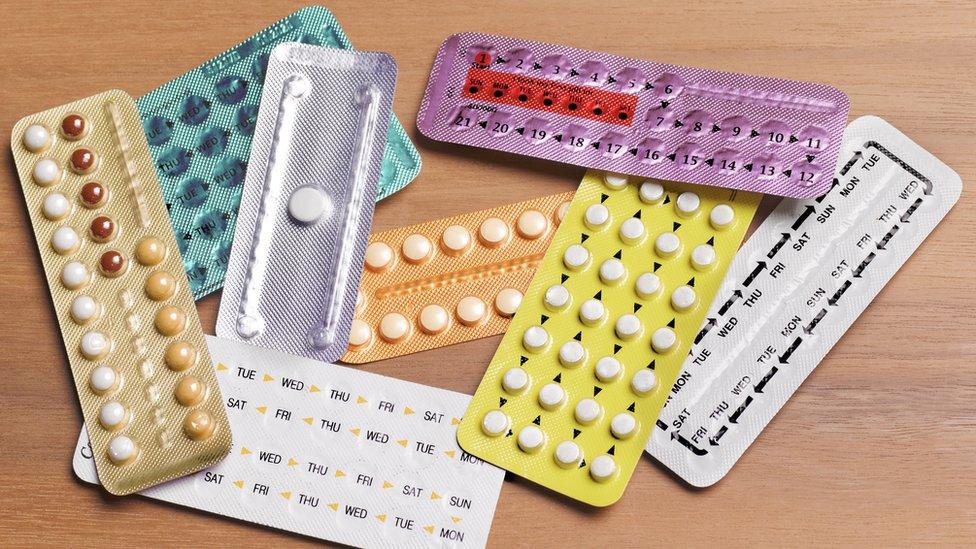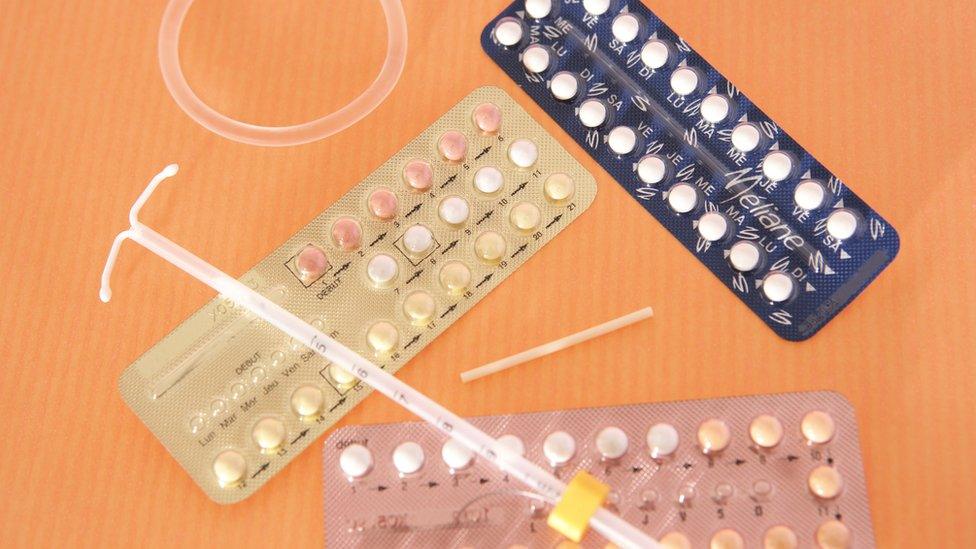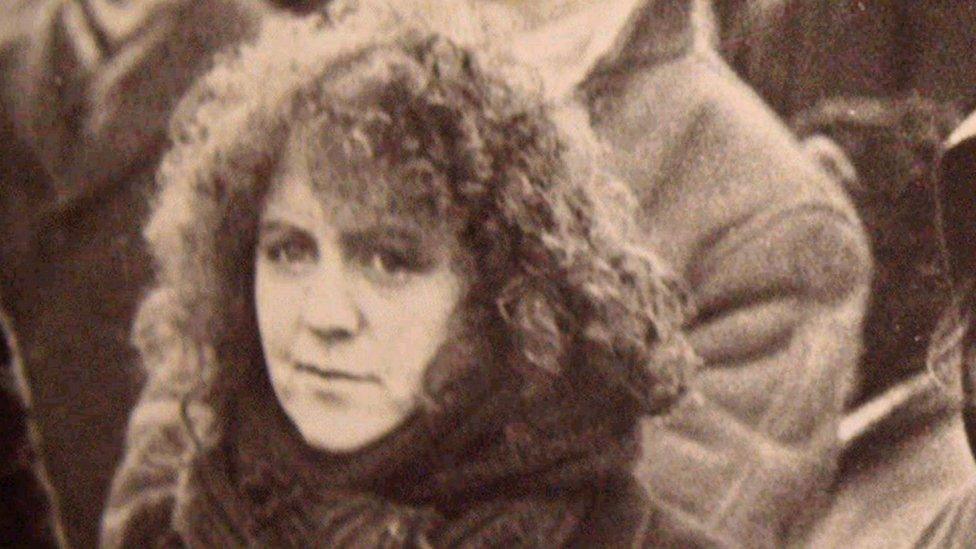Contraception delivery service launched in NI
- Published

The national service can be used to order the pill, the mini-pill and emergency contraception
A service that allows women aged 16 and over to order contraception online and get it delivered to their door is now fully operational across Northern Ireland.
This follows a successful pilot last year.
The service is funded by Health and Social Care and delivered by SH:24 - a free online sexual health service.
It can be used to order the pill, the mini-pill and emergency contraception also known as "the morning-after pill".
'Flexible access'
The morning-after pill is also available for free from many pharmacies across Northern Ireland.
Dr Rachel Coyle, from the Public Health Agency (PHA), said SH:24 allowed women to manage their sexual health and provided "flexible access" to contraception with a service which is fit for the busy modern world.
"Feedback shows this is particularly welcome for women with caring responsibilities who find it difficult to get to clinics with fixed appointment times. Some women may also feel embarrassed or struggle to know where they can access contraception quickly and easily.
"It is a simple as filling in an online form which is then assessed by the SH:24 clinical team, who review the order and approve if it is appropriate.
"The contraception is then dispensed by SH:24's partner pharmacy and delivered to the person's home."
Women do not even need to be home for delivery and can also order a free STI test at the same time.
Dr Coyle said that if there were any reasons why a particular pill may not be the best choice, a doctor or nurse from the service would contact the patient.
The new system has been co-designed by service designers, clinicians and women who currently use contraception clinics.
Dr Paula Baraister of SH:24 said they were delighted to be able to bring this service to Northern Ireland.
"Feedback from people who have used it has been consistently positive and the flexibility and choice offered means that they benefit from bespoke treatment, tailored to their individual needs," she said.
"The round-the-clock availability of the service increases people's access to safe sexual and reproductive healthcare, particularly for vulnerable groups in rural areas."
Dr Coyle said the service was a direct benefit to communities right across Northern Ireland "particularly at a time when health services are under pressure".
"The service's contribution to innovation, improvement and increased access to sexual and reproductive healthcare means that women and girls over 16 can take control of their sexual health."
Related topics
- Published29 August 2018

- Published11 May 2016
